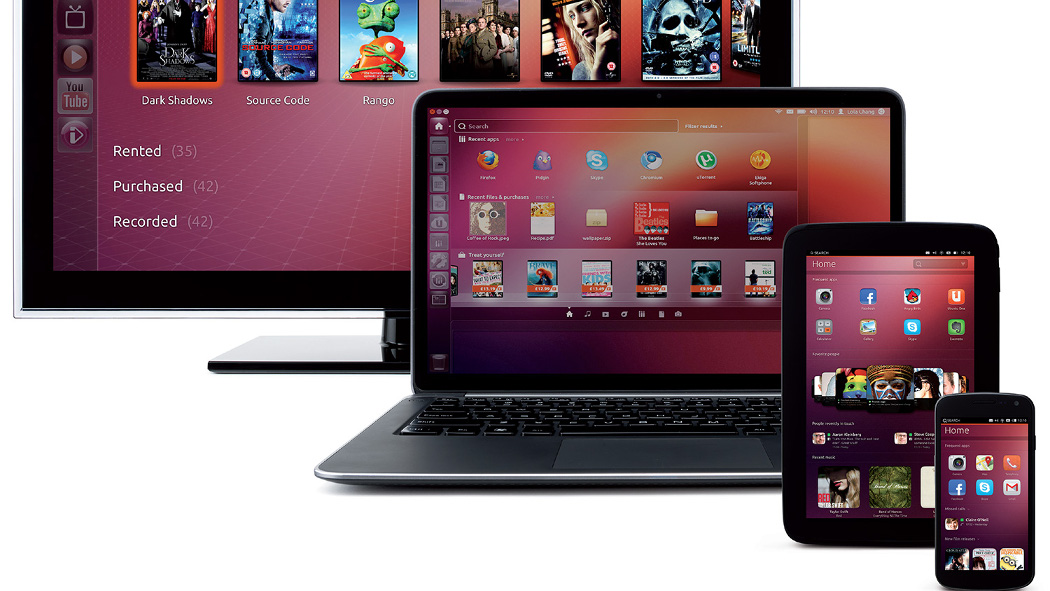Mobile/Desktop convergence is the new "Mac vs. Windows vs. Linux " battlefield
In the early days of the iPad, users didn’t openly voice it with a sense of urgency, but the concept of using a mobile device as a desktop surrogate, was a tantalizing, while unattainable idea. Not nearly five years later, every major software company is investing in technology capable of turning smartphones into desktops, in one way or another.

There is the way Apple does it, with AirPlay, where an iPhone or iPad can use an external display, through Apple TV. It’s not exactly a “traditional” desktop experience, but when factoring in Continuity as a way to use productivity apps seamlessly from iOS to Mac OS X, the shoe fits.
Then, there is the way Microsoft does it, with Continui... er... Continuum, which is essentially the same concept, with a heavier lean towards desktop users.
There is also the way Google does it, with Chrome OS and Android, where mobile apps double as desktop apps.
Finally, the popular Linux distribution Ubuntu, is joining the race as well. A race that Mark Shuttlework, founder of Ubuntu, started in 2013.
How blurred is the Edge between mobile and desktop?
Back then, Shuttlework’s plans of crowdfunding Ubuntu into a mainstream OS for desktop and mobile, by creating its first signature smartphone, the Ubuntu Edge, didn’t get much attention, perhaps due to a concept proposed way before its time, and because his initial donation goal was 32 million dollars, a campaign at the receiving end of praises for being the biggest crowdfunding campaign in history, still did not make its goal after two years, where it currently falls short of 13 million.
Still, the campaign is on, and thanks to Apple and Microsoft officially embracing the mobile/desktop convergence, Ubuntu is suddenly looking at competing with the biggest players in the business.
The question of performance
Will Ubuntu Edge gain any traction with mainstream Android, iPhone and Windows Phone users? Perhaps a better question would be: how well a full-size desktop operating system can run on a smartphone?
Granted that Linux has an excellent track record for being lightweight and portable, the biggest hurdles lie in the weight of a graphical interface that needs the capability to adapt across devices with very different specs. Apple’s approach, with the iOS/Mac OS X duality, as well as Google’s Android/Chrome OS duality, have provided a way to bring desktop-class productivity to mobile users, and Microsoft is planning on doing the same thing with its own “universal” take, through Windows 10, which still entail a separate version of a main operating system, on screens 8 inches and smaller.
Ubuntu Edge, on the other hand, will run a dual-boot Ubuntu OS/Android operating system, which begs the question of how often, regular users will boot into Ubuntu, from their phones, for productivity tasks, and just how fluid that experience will be. Consumers are notoriously unforgiving when it comes to expensive technology, especially when a completely new element is introduced, such as a dual-boot smartphone.